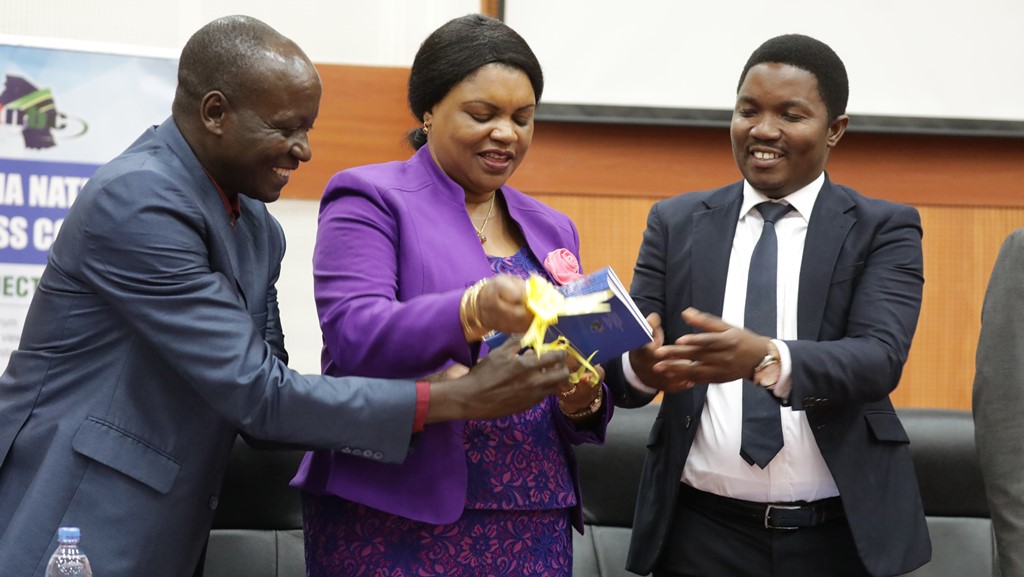THE government yesterday launched guidelines for dialogue between public and private sectors zacross regional and district levels, emphasising the document as vital to addressing challenges facing businesses and investors in the country.
Prepared by the Tanzania National Business Council (TNBC) with support from the Enabling Growth through Investment and Enterprise (Engine) and the Local Investment Climate (LIC) project, the guidelines are meant to strengthen the relationship between the government and the private sector.
Minister of State in the Prime Minister’s Office (Policy, Parliamentary Affairs, Labour, Employment, Youth and the Disabled) Jenista Mhagama speaking before launching the guidelines said: “ These guidelines will enable both parties involved to have productive deliberations.”
The guidelines, according to the minister, were adopted to complement the private sector’s support to the government’s Development Vision 2025 and the envisioned industrial economy.
“The private sector is an engine to the government’s economic growth efforts,” she said. “ We have every reason to provide a friendly environment to ensure the private sector flourishes.”
Although the TNBC was established in 2001, the regional and district councils came to effect in 2005 and 2008 respectively.
TNBC National Chairman, President John Magufuli, held a meeting with representatives of the business community in June last year, directing to strengthen the councils across the country.
Minister of State in the President’s Office (Regional Administration and Local Governments) Suleiman Jafo said out of 26 regions in Mainland Tanzania, only 16 regions had substantive and active councils while a dozen districts had neither held or organised such councils.
The minister was quick to say that lack of guidelines ought to be a major reason for inactive councils across the country.
But he offered three months to every region to submit a report on the progress of the implementation of councils across region and district levels.
Dr Godwill Wanga, the newly appointed executive secretary of the Tanzania National Business Council told delegates that the councils were not clearly organised and, therefore, failing to meet their intended goals of unearthing and forming part of a solution to address challenges facing businesses and investments in the community.
“ The new guidelines provide formality, procedures and requirements to be followed for an effective council. These guidelines also offer conditions for financial support of each council,” he said.
Technically, the public and private sectors are to share the cost of organising council meetings at district and regional levels.
Ms Rehema Mbugi, a representative from the private sector and Dr Binilith Mahenge, chairman of the Dodoma Regional National Business Council acknowledged the importance of the councils in building the country’s economy.
Ms Mbugi attributed the private sector’s commitment to facilitating council meetings, but cautioned that businesses and investors would need fully enforcement from the government on key issues proposed during the council meeting.







